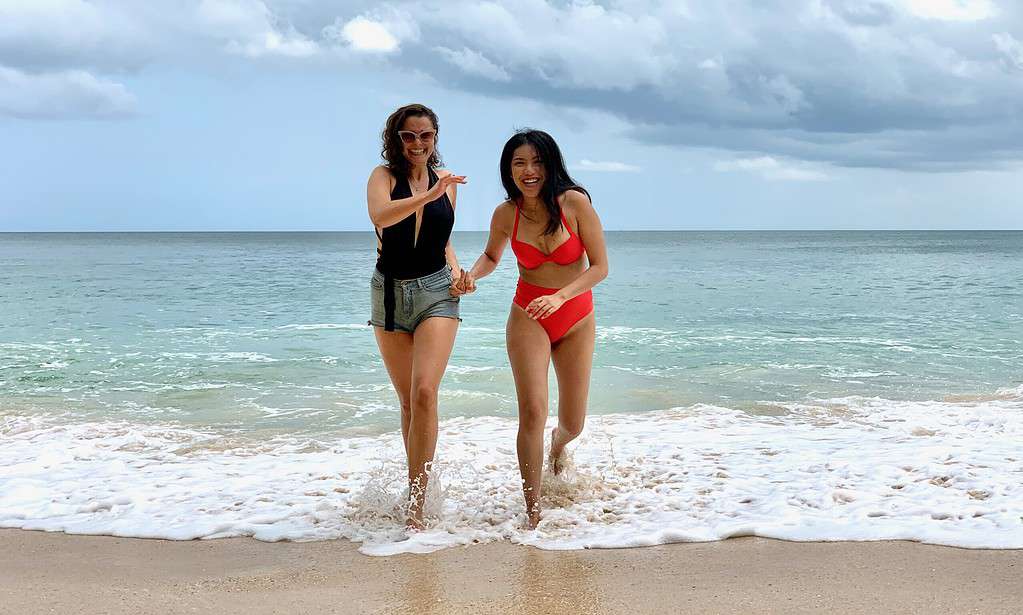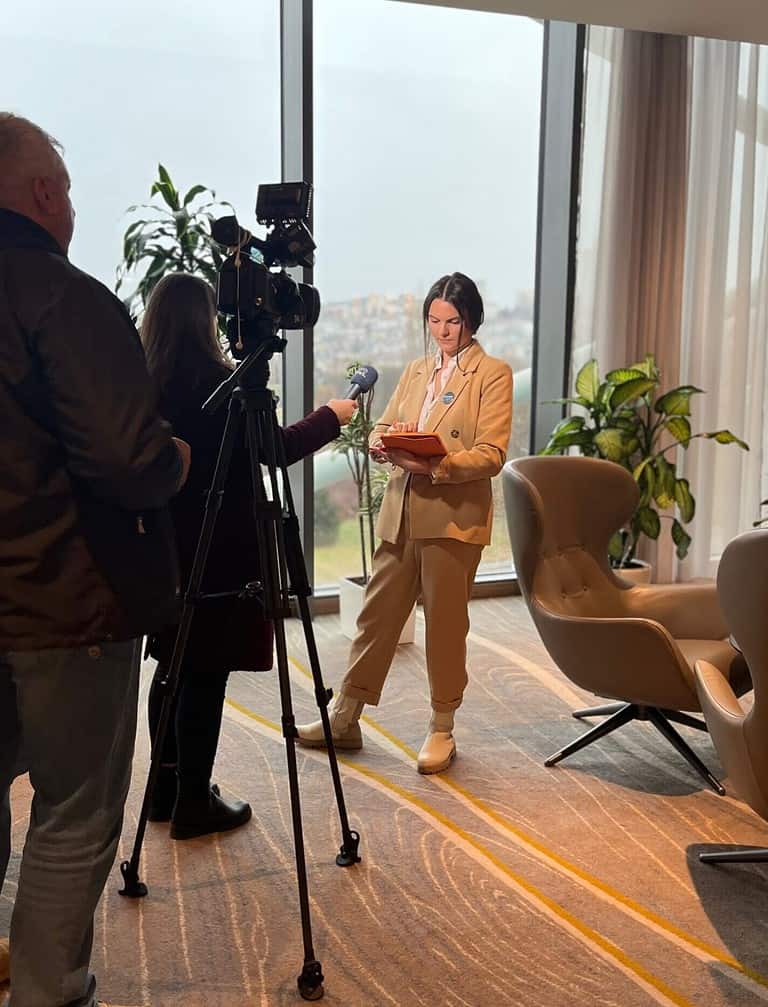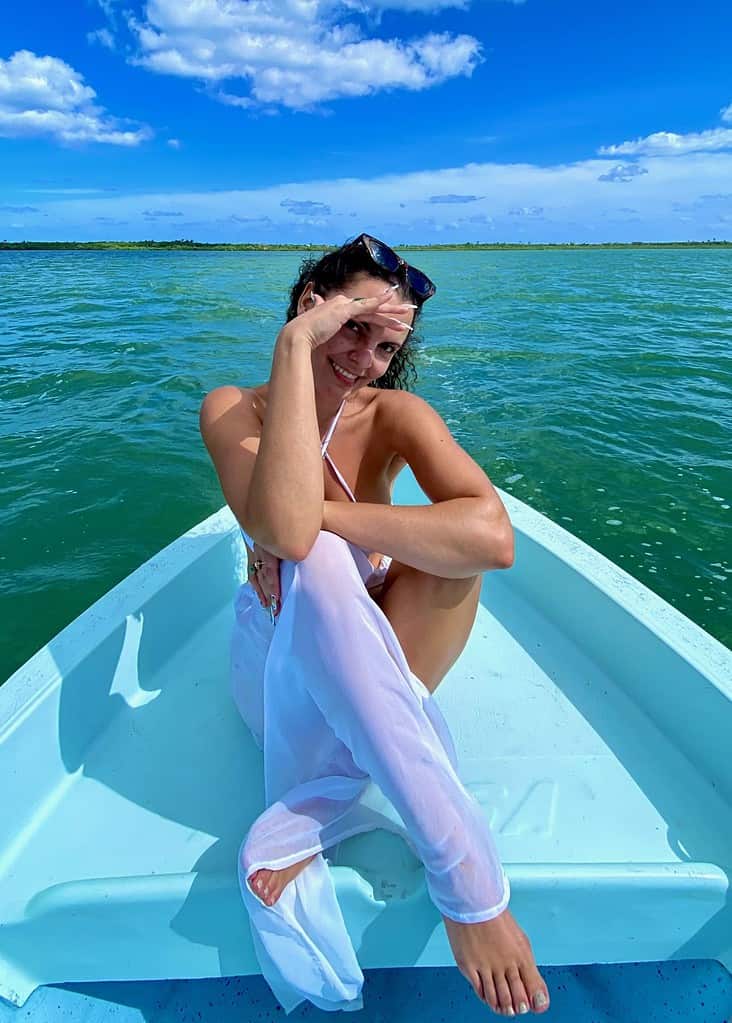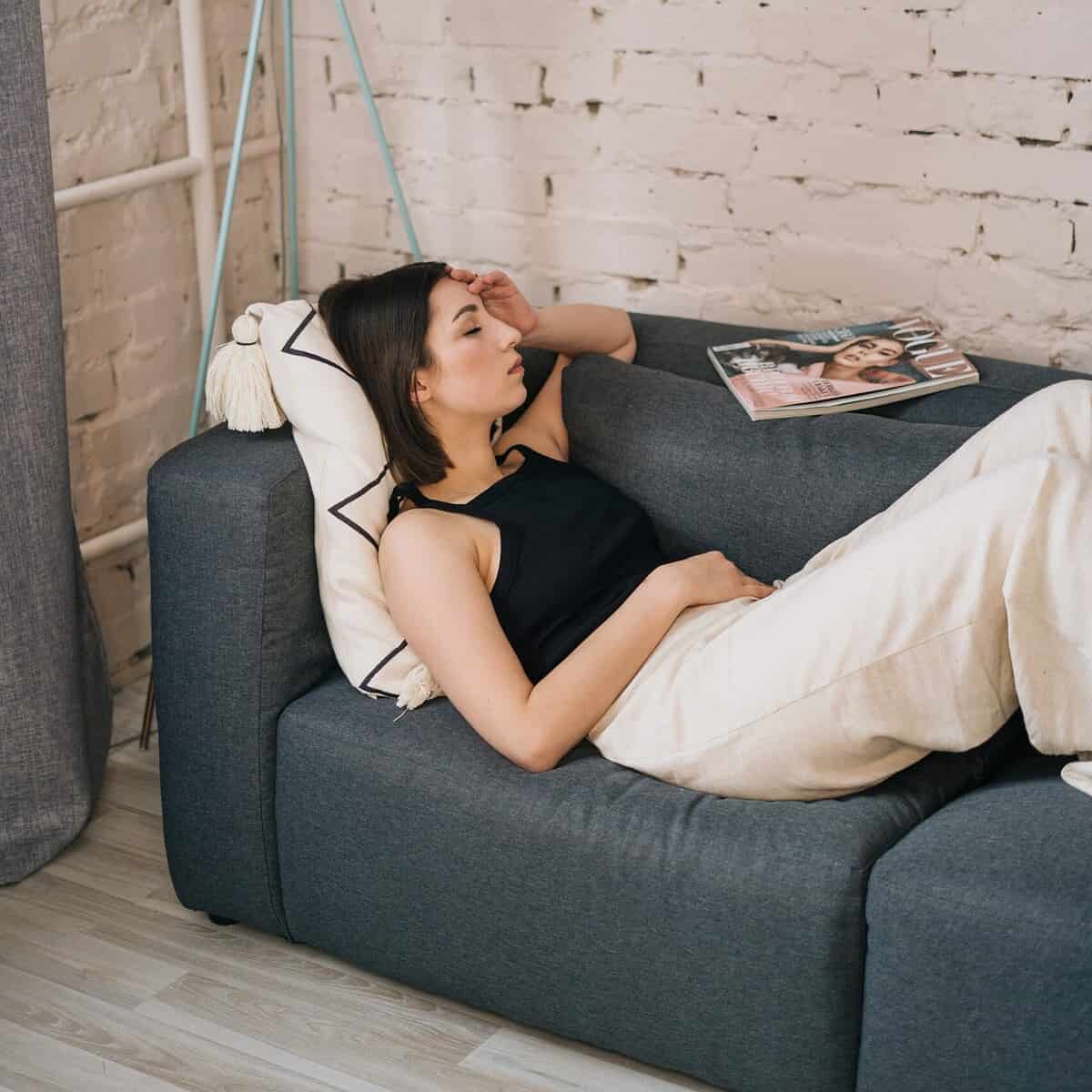Whilst we feel increasingly monitored and forced to fit within “boxes”, it is possible to reclaim individual freedom. This short essay reflects on ways to live more freely by offering practical advice and sharing personal experiences.
1. If no one was looking, what would you do?
Deep inside, why are we the way we are? Is it because of what we truly decided we wanted to be, or is it because others led us to be that person? It’s undeniable that most of us have experienced or will experience some trauma in one form or another in our life. Trauma can change us forever, not only psychologically but also physically (read The Body Keeps the Score if you’re interested).
Of course, no deep question has a simple answer. Why we are the way we are… It’s probably complicated. But one way of reclaiming your freedom is to identify these formative moments of your life which made you the way you are now. How can you grow from what happened to you? It’s particularly freeing to acknowledge our hardships, accept them, and let them live in the past.
On the other hand, which moments were your soul’s true expression? Lately, I have been thinking about these moments, these choices which were truly mine. For instance, for as long as I can remember, I’ve always wanted to write things. And so I started creating books when I was five. I could not event write myself, but I knew I wanted to do it so I asked my mom to write the words for me as I came up with stories.
These are the choices I focus on and cherish the most. These are the ones I try to make more of. Sometimes I ask myself: if no one would know, if no one would see or hear, what would I do?
Only when you can truly be yourself, you can truly be free.

2. Is it you, or is it the system?
It is a well-known debate in social sciences to argue whether we, individuals, are at the origin of our behaviour, or if the structures around us influence us the most. When thinking of individuals, think about our behaviour and choices. When thinking of structures, think about the social structures which guide our lives: politics, the economy, school/university, cultural traditions, gender roles, but also norms that dictate what is considered to be appropriate or not.
So, what drives human behaviour the most, agency or structures? It is undeniable that both influence our lives. We live in a world full of rules we follow unconsciously. Two people living in the exact same area may have completely different lives. If you want your soul to shine a little bit more free, think about where these rules come from. Not only who taught them to you, but also when. And why. Why am I dressing the way I do? What made me choose this career? Which factors made me live in this neighbourhood? Why do I disapprove when someone behaves/thinks differently about politics?
Very often, our behaviour is somehow related to gender, race, or religion. Political systems and social classes find their root in a historical mix of those structural factors. But at the root, it’s the fear, shame, and greed within us, and the systems which they may sustain, such as capitalism.
Another approach is to think of social structures like solidarity movements. How would our lives and societies look like if we’d rely more on compassionate systems and communities like “effective altruism” (check it out, it’s real)? We can choose which emotions to empower us. Empathy, kindness, and love can also be what feeds our societies!
For your soul to break free, be more aware of how social structures affect you and your decisions, and more conscious of which ones you let guide your life.

3. When was the last time you did something for the first time?
So, to be more free, we have to seek life-long learning. Everyday learning. And for that, we have to be ok with making mistakes, taking on difficult challenges, and standing our ground when it’s getting hard. As toddlers, we aren’t afraid to get up and try to walk. We fall, we rest, we get back up, and we keep trying. With the years, that motivated and positive attitude may fade because of the negative emotions we’ve associated with making mistakes.
We’re all human, after all. It’s easy to be hard on ourselves, especially when our actions are so constantly scrutinised and compared to others. Social media is definitely not helping in that regard! I recently read that optimism is however a determinant factor for progress.
I think that, most of the times, our inner child would actually be proud of us. Proud of where we are, what we’ve achieved, and the challenges we’ve faced. And the other times, we just got to be kind to ourselves like we would be to our younger selves. Whilst re-reading old journal entries, sometimes I laugh at myself, but always from a place of compassion.
Nature is not meant to be perfect, and neither are we. So, let us roam free, learn new things every day, and embrace challenges as valuable lessons.

My tools for growth
Discover many articles like this one on my Growth Toolkit, a collection of resources to start or enhance your personal and professional growth journey whilst keeping your wellness in check, boosting confidence and critical thinking, as well as continuously expanding your skills and knowledge.

Hi! I’m Sophie
I am a social scientist and world explorer. In my work, I analyse the evolving meaning of security. I enjoy traveling, yoga, and electronic music in my free time. I consider myself an enthusiastic feminist and self-care advocate.


